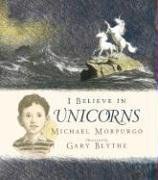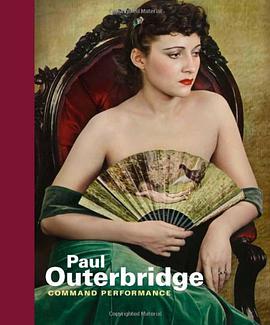

具體描述
Throughout his career, Johnny Cash has been depicted -- and has depicted himself -- as a walking contradiction: social protestor and establishment patriot, drugged wildman and devout Christian crusader, rebel outlaw hillbilly thug and elder statesman. Leigh H. Edwards explores the allure of this paradoxical image and its cultural significance. She argues that Cash embodies irresolvable contradictions of American identity that reflect foundational issues in the American experience, such as the tensions between freedom and patriotism, individual rights and nationalism, the sacred and the profane. She illustrates how this model of ambivalence is a vital paradigm for American popular music, and for American identity in general. Making use of sources such as Cash's autobiographies, lyrics, music, liner notes, and interviews, Edwards pays equal attention to depictions of Cash by others, such as Vivian Cash's publication of his letters to her, documentaries and music journalism about him, Walk the Line, and fan club materials found in the archives at the Country Music Foundation in Nashville, to create a full portrait of Cash and his significance as a cultural icon.
著者簡介
圖書目錄
讀後感
評分
評分
評分
評分
用戶評價
相關圖書
本站所有內容均為互聯網搜索引擎提供的公開搜索信息,本站不存儲任何數據與內容,任何內容與數據均與本站無關,如有需要請聯繫相關搜索引擎包括但不限於百度,google,bing,sogou 等
© 2025 book.quotespace.org All Rights Reserved. 小美書屋 版权所有




















